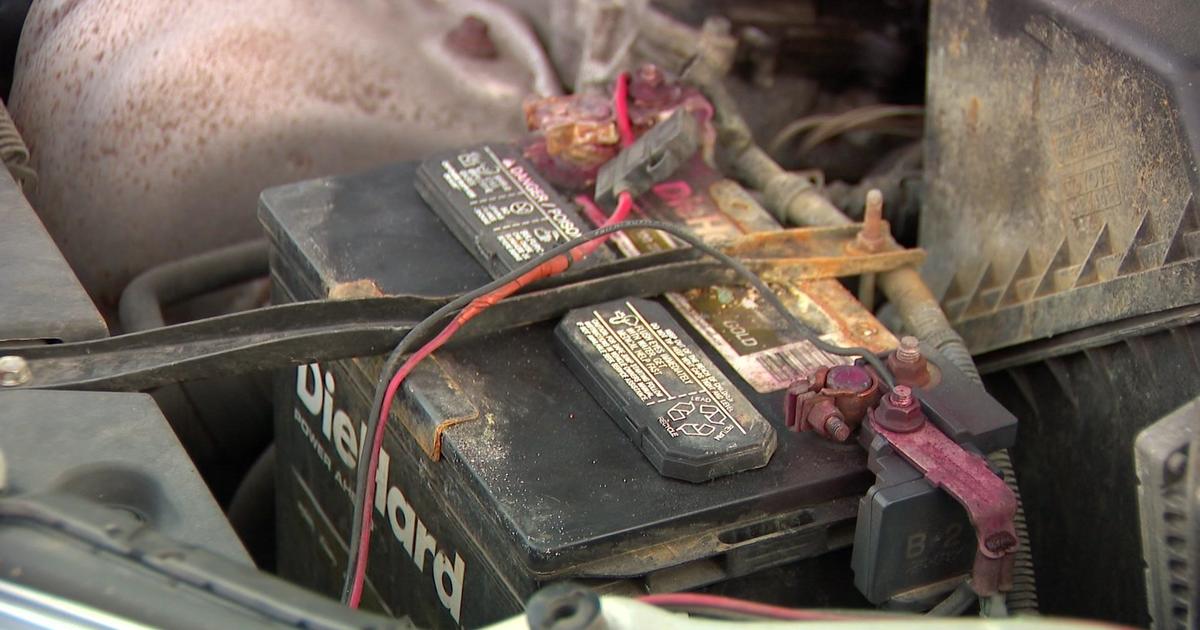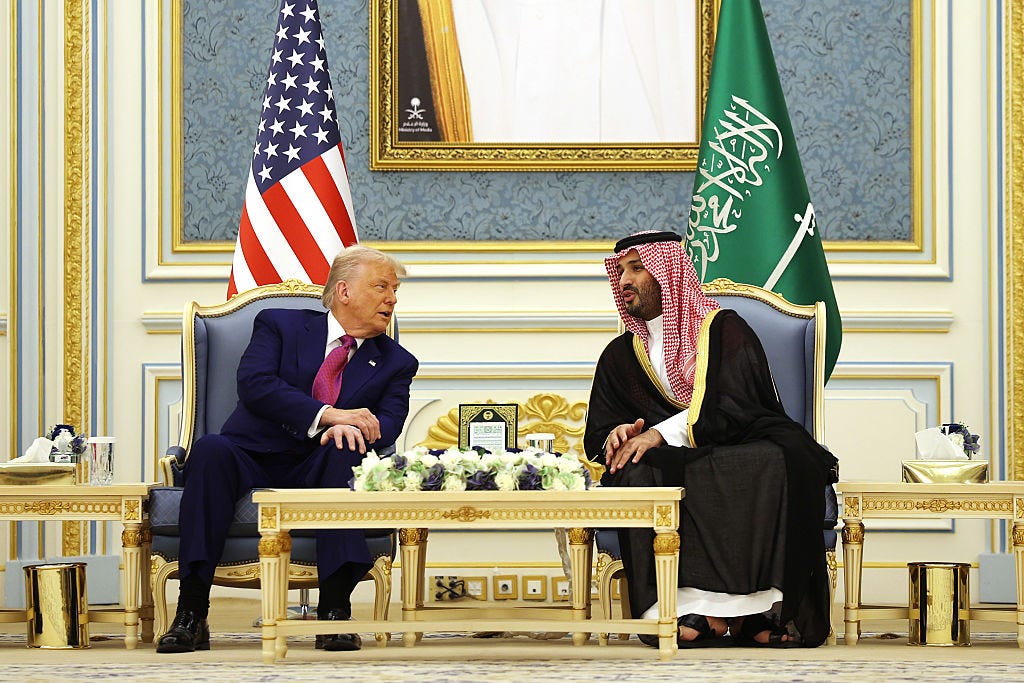U.S. gas prices already spiking after Saudi Arabia oil attack
Gas prices already are rising after an attack badly damaged two oil facilities in Saudi Arabia over the weekend, disrupting world oil supplies and sending crude oil prices up 15% on Monday. The average national gasoline price in the U.S. was up 3 cents to $2.59 per gallon Tuesday, according to the AAA motor club. On Monday, the price was $2.56.
Consumers can expect prices at the pump to rise up to 20 cents for a gallon of regular gas over the next week, Patrick DeHaan, head of petroleum analysis with GasBuddy, told CBS MoneyWatch.
"We will start to see tanker trucks fill up and adjust their prices," DeHaan said Monday. "The first gas stations will be filling up with pricier gasoline later this evening. ... We expect the first impact to hit the pump tomorrow."
The inflationary effect of the Saudi Arabia attack will be spread relatively evenly across the nation, but the West Coast could see slightly higher gas prices than the rest of the country, DeHaan said. The region accounts for nearly half of all U.S. crude imports from Saudi Arabia. Refineries in California in particular are dependent on imports from the kingdom as they lack access to pipelines connecting to oil supplies in Texas.
Trilby Lundberg, publisher of the Lundberg Survey of U.S. fuel markets, also expects gas costs to increase, citing the spike in oil prices following the attack on the Abqaiq oil processing facility and a key oil field in Saudi Arabia. The strike, which reports said may have involved a combination of drones and missiles, chopped the country's oil production by roughly half. U.S. and global benchmarks for crude oil jumped as much as 19% in early trading on Monday.
"Right now, we have the first inkling of the oil market's response to these attacks, and based on what the main benchmarks are doing, we expect the hit to U.S. gasoline prices to be 16 cents," Lundberg said.
Trump: "We don't need Middle Eastern oil"
Despite such predictions, President Donald Trump appeared eager to ease fears that the attack, coupled with rising tensions in the Middle East, could hurt consumers by causing U.S. energy prices to surge.
"Because we have done so well with Energy over the last few years (thank you, Mr. President!), we are a net Energy Exporter, & now the Number One Energy Producer in the World. We don't need Middle Eastern Oil & Gas, & in fact have very few tankers there, but will help our Allies!" he stated Monday in a tweet.
U.S. Energy Secretary Rick Perry said Monday that the Department of Energy is prepared to release oil from the Strategic Petroleum Reserve to offset the attack's effects on global energy markets.
Domestic gas prices are mostly linked to global supply and demand. But DeHaan raised concerns that the attack could have "a permanent effect on the psyche" of energy market participants because it suddenly calls into question Saudi Arabia's role as a stable oil producer. "There could be a permanent risk assessment being added to the price of oil."
TD Securities analysts said in a research note that such fears could raise the cost of oil by $3 to $4 per barrel, especially as tensions rise between the U.S. and Iran, which Trump administration officials have blamed for the attack.
"Geopolitical risk has taken on a bigger role, and while it's already one of the multitude of ingredients that has been built into prices, it has a greater weight in that mix," Lundberg said.
The extent of short- and longer-term increases in gas prices will depend on how quickly Saudi Arabia is able to restore oil production. A prolonged disruption could have a "dramatic impact" on prices, DeHaan said.
Fuel-dependent companies, including airlines, as well as shipping and transportation players, are likely to feel the impact. Shares of Delta, JetBlue Airways and United Airlines all fell at least 3% on Monday, while American Airlines dropped 6.5%.
Oil company stocks rose, with shares of Exxon and Chevron each climbing nearly 1.5% and BP's stock increasing 3.7%.





